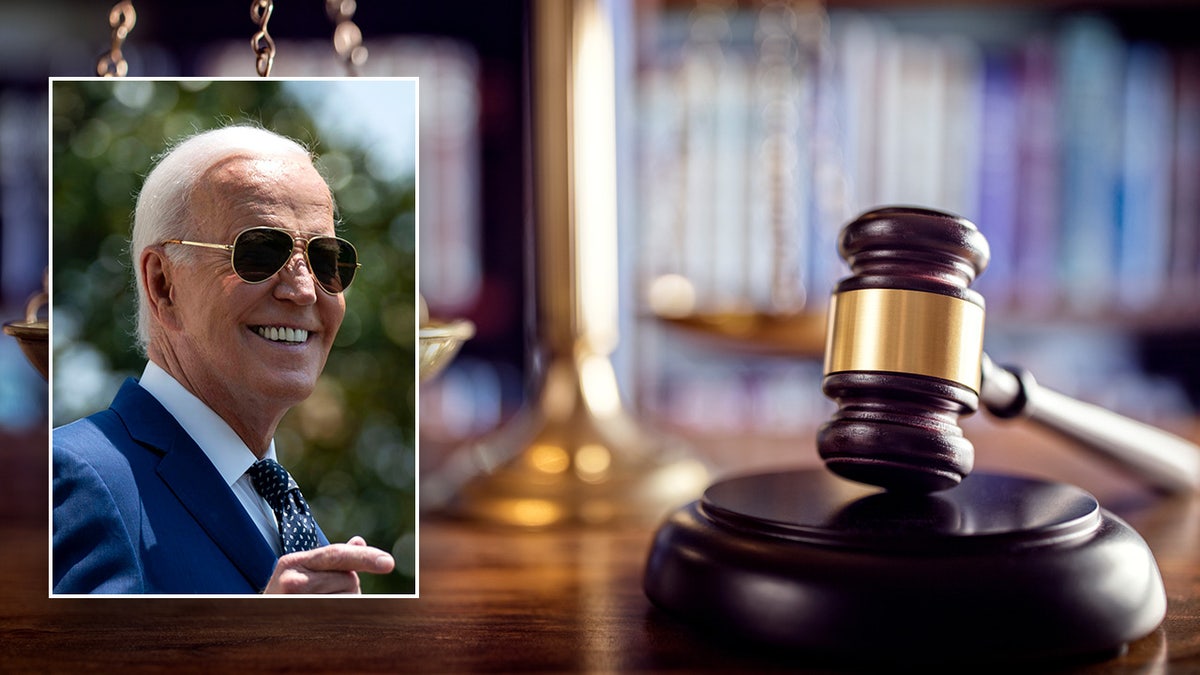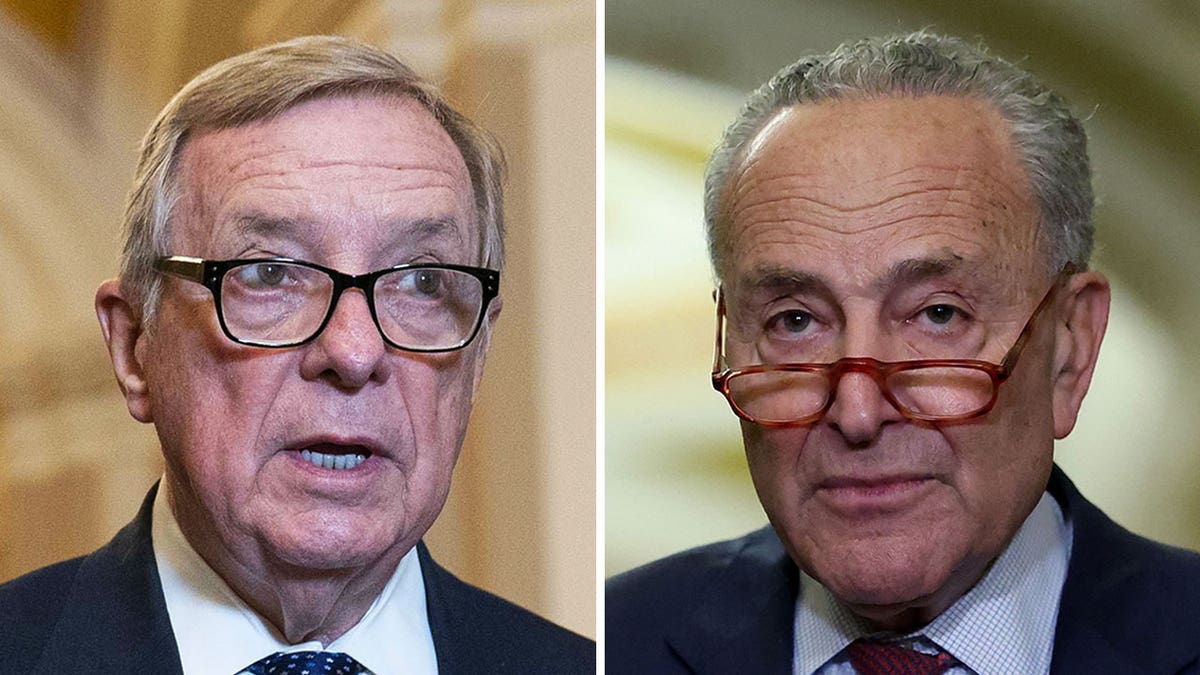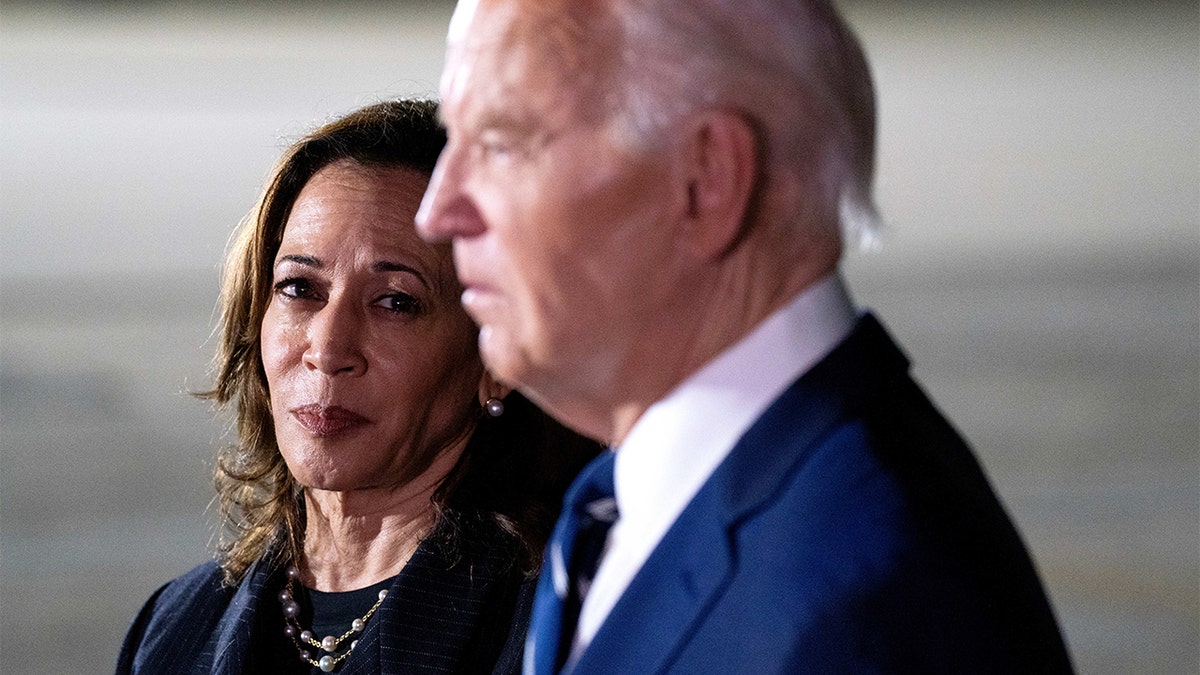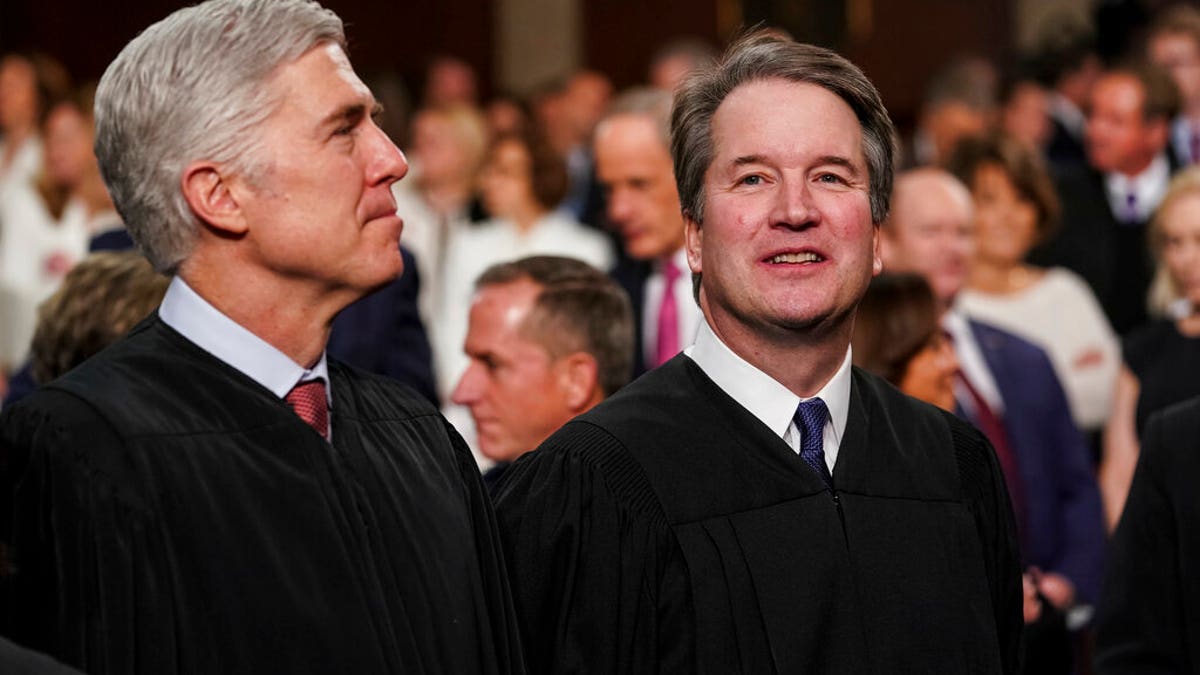Joe Biden tries to restructure the Supreme Court
Paul Gigot interviews constitutional law specialist Ilya Shapiro.
President Biden and Democrats are looking to beat former President Trump's judicial record and confirm more than the 234 federal judges that his predecessor managed to appoint, even with severely limited time to do so by the end of his term.
"Since Democrats took back the White House and the Senate majority in January 2021, we have been committed to advancing highly qualified nominations to lifetime appointments across the federal judiciary who are reflective of the lived experiences of America. The seven nominees we voted on today are no different. The Committee will continue to restore balance to the federal courts," said Senate Judiciary Chairman Dick Durbin, D-Ill., in a statement last week after seven nominees were advanced out of committee.
So far, Democrats have succeeded in confirming 205 of Biden's judicial nominees, beating the 204 judges Trump confirmed at that point in his term.

Biden is looking to beat Trump's judicial record, with help from Senate Democrats. (Getty Images)
"If Democrats lose the White House, there will be a lot of pressure on Senator Schumer to confirm as many judicial nominees as possible to help cement President Biden’s legacy on this issue," said Ron Bonjean, a former spokesman for former Sen. Trent Lott, R-Miss., and former chief of staff of the Senate Republican Conference.
"Without much legislative success, especially over the last two years, this will be especially important to Biden to showcase an accomplishment," Bonjean, who also ran communications for the Senate confirmation of Supreme Court Justice Neil Gorsuch, added.
"This could be much more of a standard operating procedure if Washington continues to remain gridlocked in the future."
PHILADELPHIA MAYOR'S SOCIAL MEDIA VIDEO SPARKS SPECULATION OF LEAKED KAMALA HARRIS RUNNING MATE

Democrat Sens. Dick Durbin (left) and Chuck Schumer (right) (Sarah Silbiger/Kevin Dietsch)
Mike Davis, the former chief counsel for nominations to former Senate Judiciary Chairman Chuck Grassley, R-Iowa, noted that Trump's "transformation of the Supreme Court to the first constitutionalist majority in 90 years, along with the appointment of a near-record number of critically important lower-court judges," was his "biggest and most consequential accomplishment."
He predicted that "President Biden and Vice President Kamala Harris will exceed that number with their appointments of radical judges, and a President Kamala Harris will appoint radical leftists to take control of the Supreme Court."
VP CONTENDER MARK KELLY DODGES QUESTIONS ON KAMALA HARRIS' POLICY FLIP-FLOPS

Harris would be able to select her own nominees as president. (Ken Cedeno/UPI/Bloomberg via Getty Images)
According to Carrie Severino, the president of the Judicial Crisis Network, "I'm sure Biden's going to do everything he can to get as many judges confirmed as possible, in part just because he's desperately trying to salvage his legacy overall."
She pointed out that Biden hasn't been able to rack up the same number of circuit and Supreme Court nominations as Trump, despite his efforts.
"It's clear both just, quantitatively in terms of the objective things like, Supreme Court versus district court for appellate court nominations, Trump actually had better nominations to fill or better vacancies to fill," she said.

Supreme Court Justices Gorsuch and Kavanaugh are two of the three appointed by Trump. (Doug Mills/The New York Times via AP, Pool)
Both Trump and Biden have significantly outpaced previous presidents when it comes to judicial appointments. Trump notably appointed nearly the same number of appellate judges as former President Obama in only half the time.
In a statement celebrating his 200th appointment in May, Biden said, "Judges matter. These men and women have the power to uphold basic rights or to roll them back."
CLICK HERE TO GET THE FOX NEWS APP
He previewed his goal of continuing to see his nominations advanced in what little time left the Senate had. "Going forward, I will continue my solemn responsibility of nominating individuals who have excelled in their professional careers, who reflect the communities they serve, and who apply the law impartially and without favoritism," he said.
However, this may be a difficult task as the Senate is in recess for all of August and all of October ahead of the November general elections. When the lawmakers are in session, they will have to juggle the nominations with important pieces of legislation such as the National Defense Authorization Act (NDAA) and the annual appropriations bills.





